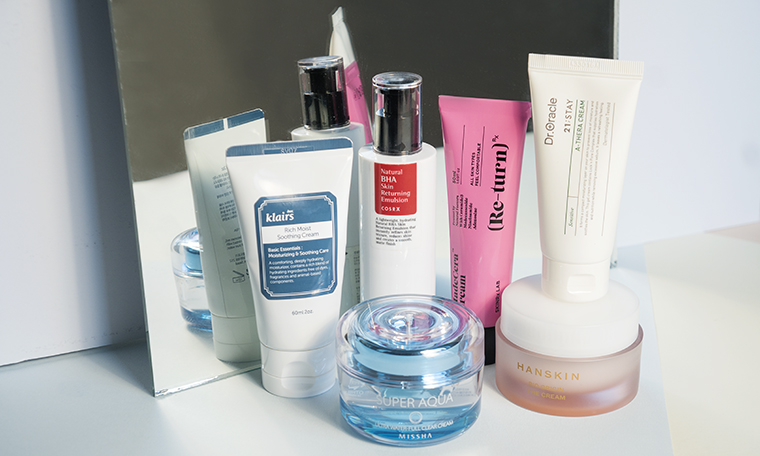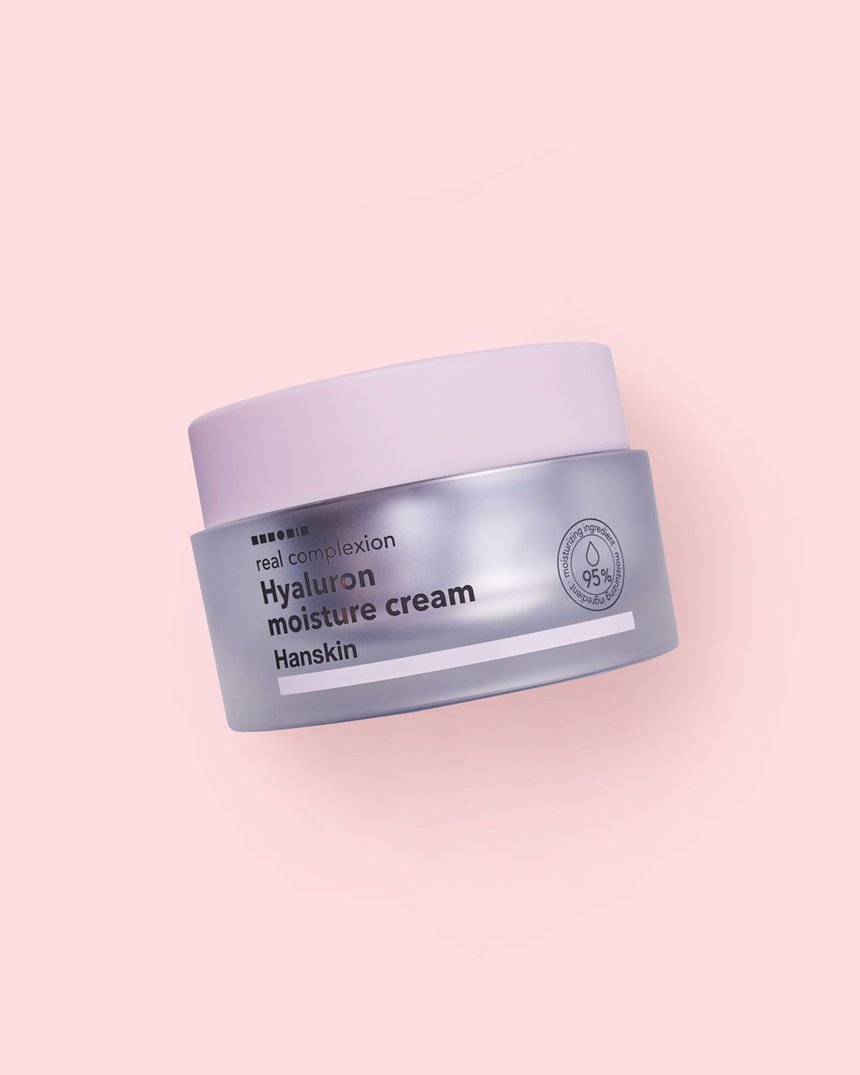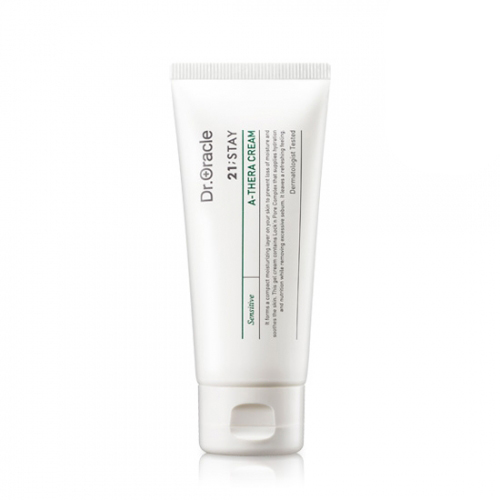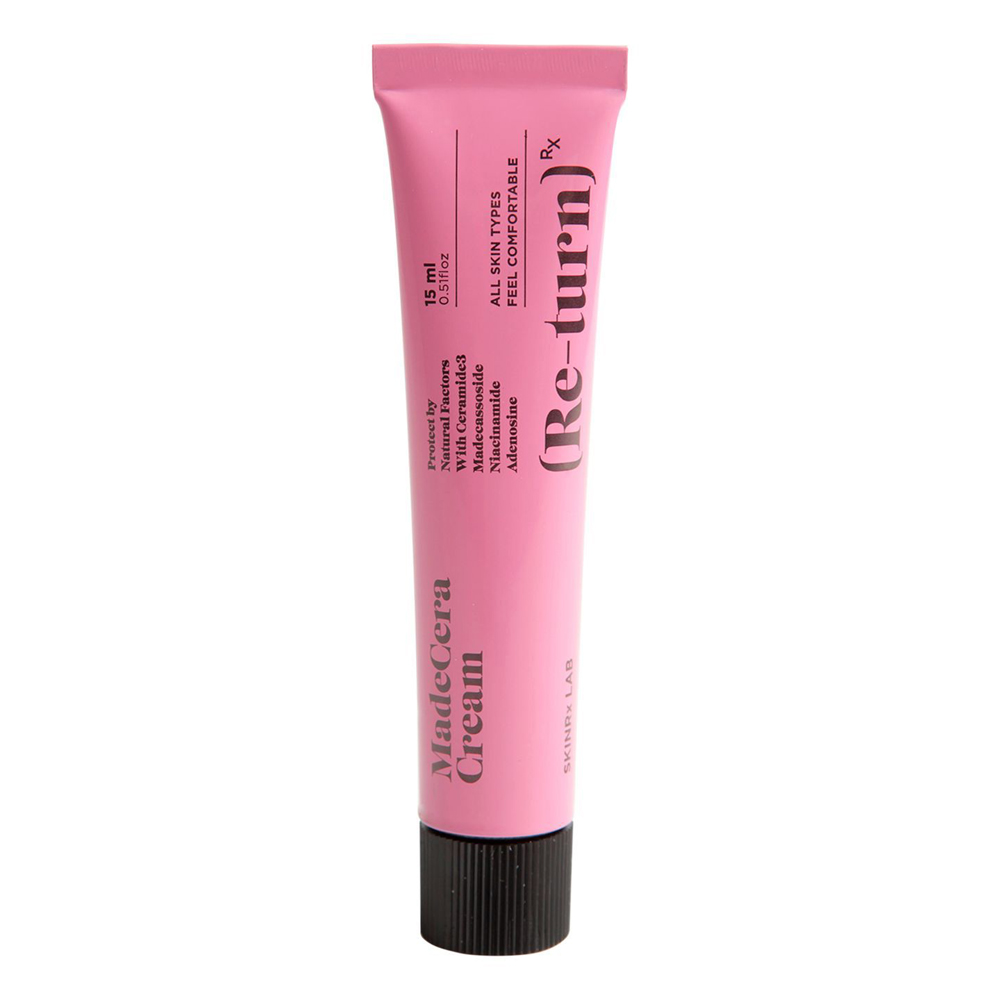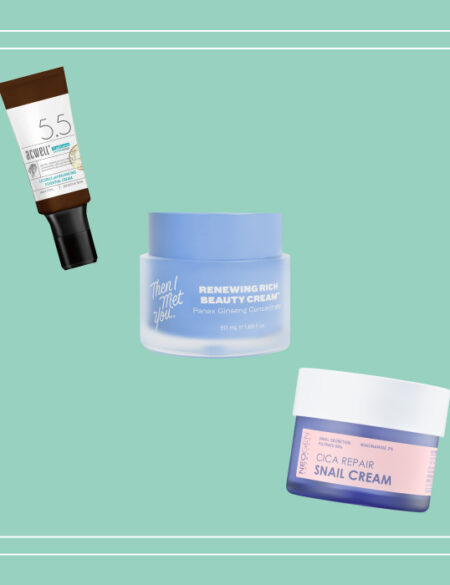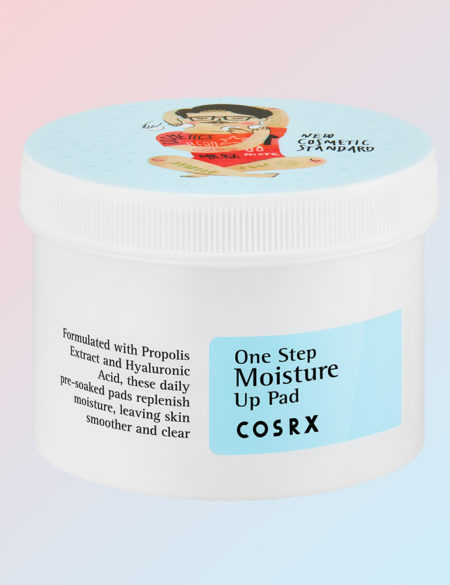Can moisturizers cause acne? We always hear about how important moisturizing is for the skin, but do acne-prone skin types still need to use moisturizers? Truth is, yes and no.
Just like with any other skin care product you purchase, it’s imperative to choose a moisturizer that works for your skin type to avoid causing acne. If you find your moisturizer is the culprit of any newfound bumps, don’t swear off moisturizers entirely. They’re truly essential to keeping acne at bay!
We reached out to dermatologist Neil Sadick of the Sadick Dermatology Group in New York City to find out why moisturizing is so crucial, especially for acne-prone skin.
What types of moisturizer formulas are best for acne-prone skin?
“Moisturizing is a very important part of skin care, including skin that is acne-prone, as hydration allows sebum buildup to loosen and clear the pores,” says Sadick. In other words, if you avoid hydrating your skin, you can actually cause your sebum production to go into overdrive since it will desperately try to provide your skin with moisture. As a result, this could lead to clogged pores and more acne.
You might thinking: iIf this is true, then why do I break out even more every time I moisturize? Well, it’s likely because you’re not choosing the right moisturizer for your skin type. “When choosing a moisturizer for acne-prone skin go for gel, oil-free or water-based formulas that are lightweight and non-comedogenic, which means they won’t clog pores, but they will restore balance and hydration,” says Sadick.
What ingredients should you avoid?
Sadick advises to “steer clear of clogging ingredients like petroleum, mineral oil or silicones like dimethicone” as well as “any alcohol, or artificial fragrances [which] are also a no-no as they are irritants and trigger inflammation and flare ups.” While these are general ingredients to avoid, remember that what may not work for someone else’s skin could work for yours. It’s important to pay attention to how your skin reacts to a certain product or ingredient in order to avoid them in the future.
To do this, always patch test before using a new product to determine whether or not it works for you. I tend to do this by using it for a few weeks on one side of my face and seeing how it reacts. If everything remains the same, I can eventually add it into to my routine, if not, I either donate it or give it to a friend.
What are some beneficial ingredients to look for in a moisturizer for acne-prone skin?
Sadick explains that “moisturizers that contain salicylic acid and benzoyl peroxide can both fight acne and moisturize the skin.” A good example of this is the COSRX Natural BHA Skin Returning Emulsion which contains natural BHA’s that aid in keeping your pores clear by fighting acne and hydrating your skin without causing congestion. Sadick also recommends that you “look for glycerin and hyaluronic acid as ingredients that will help seal in the moisture, as well as gentle exfoliants (glycolic, lactic acid) that will help remove debris and renew the skin surface.”
The Hanskin Real Complexion Hyaluron Moisture Cream helps to add moisture without any greasy residue. This is thanks to its formulation that contains hydrolyzed hyaluronic acid, niacinamide, and glycerin to increase moisture and trap it in so your skin stays hydrated all day long.
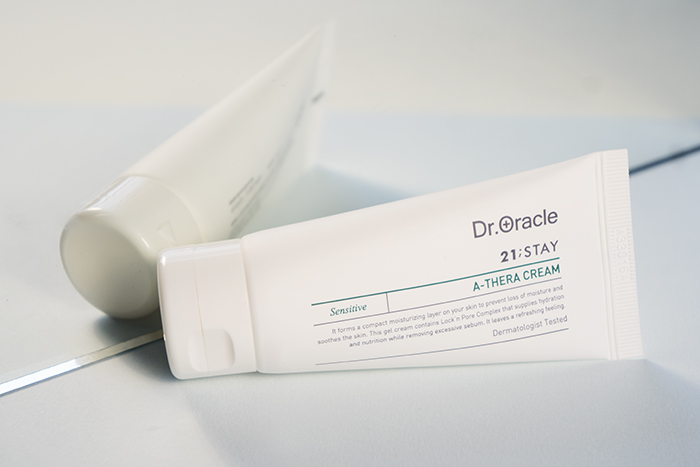
Another refreshing yet hydrating gel formulation is the Dr. Oracle A-Thera Cream. This moisturizer comes loaded with nourishing ingredients like Celtic mineral water, bamboo extract, and glycerin, which all work together to effectively moisturize and strengthen the skin’s barrier. This formula is perfect for those who want to hydrate and soothe, red, irritated skin.
What about for dry, acne-prone skin?
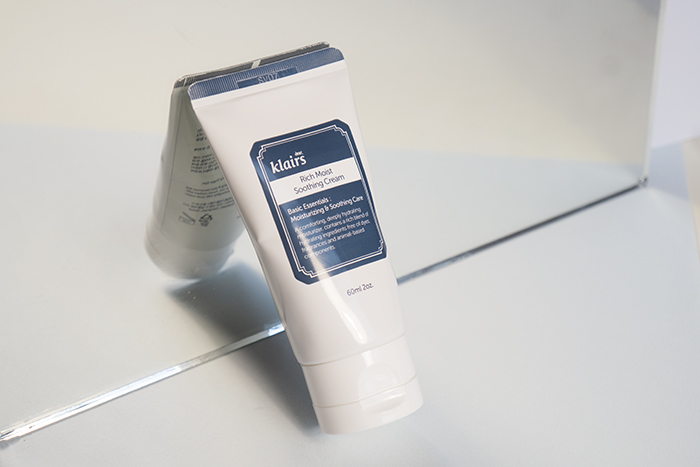
Not everyone who suffers from acne-prone skin has an oily or combination skin type, so for those with dry skin some of these products may not provide enough moisture. The Klairs Rich Moist Soothing Cream can help by alleviating dryness while also calming, inflamed skin. It contains yeast-derived beta glucan, jojoba oil, and ceramides, which help to reinforce your skin’s barrier while helping to smooth dry patches and flaky skin.
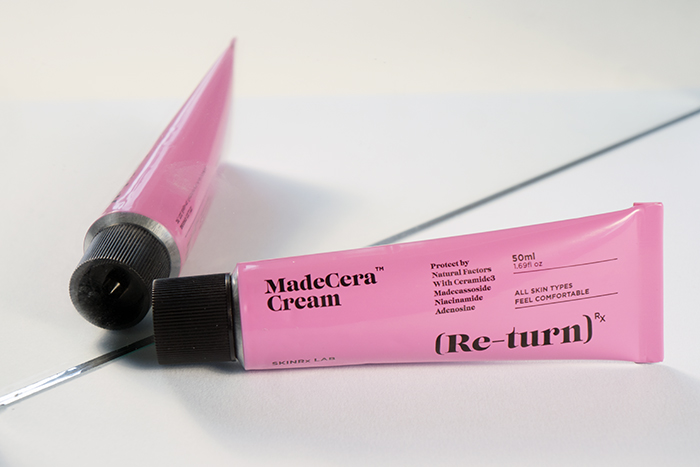
The SkinRX Madecera Face Cream is also a great option for dry skin. This one is actually a cica cream, meaning it’s packed with madecassoside, a derivative found in centella asiatica that helps to fight inflammation and irritation. It also contains niacinamide to brighten and even out skin tone while ceramides trap in moisture for all day hydration.
Bottom line:
Moisturizing is essential not only to keep your skin hydrated but also to keep acne at bay. So, next time you suspect your moisturizer could be causing you acne instead of skipping this part of your routine, try to evaluate the one you’re using and make sure you’re choosing skin care products that work for your skin type.


